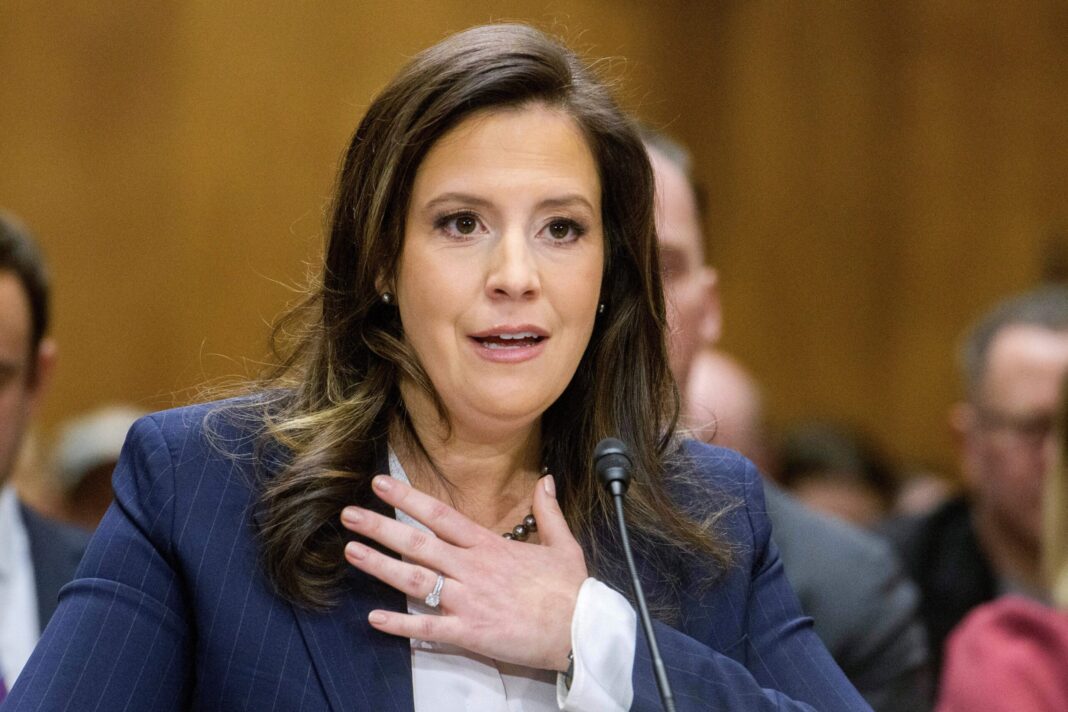GOP’s Post-Election Landscape: Trump’s Influence and Economic Challenges
Almost two weeks after Republicans faced significant losses in elections across key states like Georgia, New Jersey, Pennsylvania, and Virginia, GOP leaders are expressing an unwavering commitment to their party’s established policies, messaging, and the leadership of former President Donald Trump. This stance comes despite mounting evidence that voters are increasingly concerned about economic issues during pivotal elections.
Trump’s Messaging Strategy
In the aftermath of this electoral setback, Trump has positioned himself firmly against what he describes as misleading narratives perpetuated by Democrats and the media. He argues that voters are misinformed about issues like affordability and the economy, insisting that conditions are not as dire as portrayed. His rhetoric appears to be aimed at reframing the conversation as Republicans prepare for the midterms, urging candidates to embrace his leadership and focus on his achievements.
Republican officials are mobilizing behind the narrative that Trump’s policies, often cited as “America First,” resonate with voters. They maintain that harnessing Trump’s popularity is crucial for electoral success, as articulated by Republican National Committee spokesperson Kiersten Pels. She emphasized that the party is “fully aligned” behind Trump and his agenda, claiming his leadership drives voter turnout.
Divided Voter Sentiment
Nevertheless, the reality on the ground tells a different story. Voter sentiments reflect growing economic anxieties, yet the Trump-aligned GOP leadership appears hesitant to pivot from the messaging that has long defined the party. Indeed, Trump’s approval ratings mirror those of past presidents like Barack Obama and George W. Bush, both of whom experienced substantial midterm losses during similar periods. This historically suggests that Republicans may be facing an uphill battle as they approach the midterms.
Affordability Issues on the Agenda
A significant shift in strategy has occurred within the White House, with an increasing focus on the concept of affordability. Trump’s second term has thus far been marked by contentious issues like trade wars and immigration policies, yet recent communications emphasize lowering costs and economic recovery. For instance, in an effort to address concerns about soaring consumer prices, Trump has reduced tariffs on various goods, asserting in social media posts that affordability is more favorable under his administration.
Despite his assurances, fact-checks reveal discrepancies. Reports indicate that while Trump claims Thanksgiving costs are lower this year, grocery prices have actually risen compared to previous years. This divergence highlights the complexity of accurate economic messaging and public perception.
A Responding GOP: Diverging Views
The diverging views within the GOP are becoming increasingly apparent. Figures like New York Rep. Elise Stefanik, who is campaigning for governor, highlight affordability as a primary concern for constituents, an issue that seems to diverge from Trump’s focus on broader nationalistic themes. While she remains aligned with Trump’s overall agenda, she emphasizes the need to address practical issues that resonate with voters, such as rising taxes and living costs.
The Continued Influence of Trump’s Narrative
As the GOP grapples with these internal dynamics, party strategists continue to echo a defiant tone in face of the election results. The Republican National Committee is framing the setbacks as a product of tactical disadvantages rather than fundamental flaws in their approach. This persistent loyalty to Trump’s narrative underscores the extent to which his influence remains central to the GOP’s identity, even amidst significant electoral challenges.
GOP’s Path Forward
Looking ahead, the party is keenly aware of its fraught position in terms of voter sentiment. With the landscape suggesting a complicated mix of support and skepticism among the electorate, strategists advocate that Republicans must authentically address the issues that matter most to voters. They assert that a failure to engage with these concerns could lead to further disengagement from GOP candidates in upcoming elections.
The discussions within Republican circles exude a sense of urgency as they prepare for the midterms. With a clear divide between Trump loyalists and those who advocate for a more nuanced approach to voter concerns, the GOP’s journey forward remains fraught with challenges and contradictions as they seek to connect effectively with a restless voter base.



